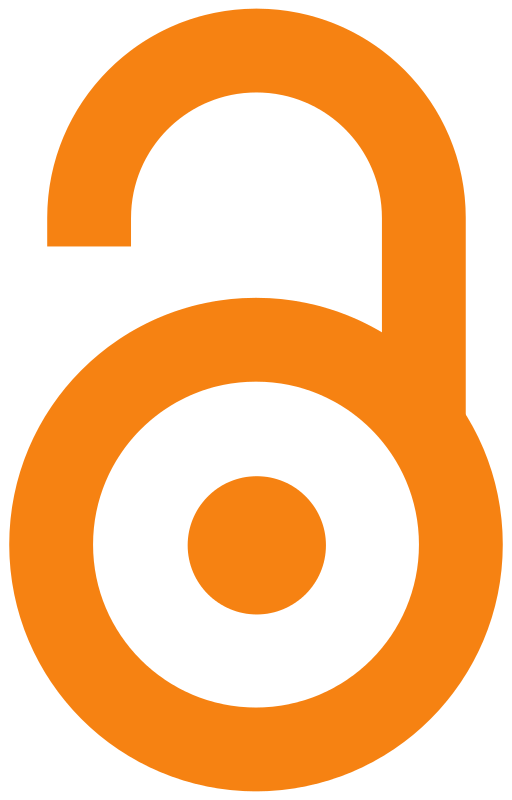Background: what’s the problem?

[This section adapted with thanks from the University of York Library’s Twitter thread]
If you’re writing an academic book, you presumably want your students to read it. To do
that, you’re going to want your library to be able to buy it as an e-book. Sounds simple?
It’s not.
Most academic libraries buy e-books whenever we can. This is to make sure that the
maximum number of people can access texts, even when they’re not on campus. However,
publishers sell books to libraries differently to how they sell them to you and your students:-
- We can’t buy Kindle books. We have to buy e-books that are licensed to universities.
Some are only available to individuals as an e-book, and not to libraries.
- Some books can be bought as e-books, but we can’t afford them. Librarians gathered
hundreds of examples of this in 2020/21. Here are just 2 of them:
a. a £33.49 Kindle book costs £650 for a 3-user license e-book for universities
(i.e. an e-book that can only be used by up to 3 people at any 1 time);
b. a £51.99 print book costs £1,050 for a 3-user license e-book.
- Some books can be bought as e-books, but their licences mean we don’t own the
books outright or that it’s difficult for students to access them. For example:
a. credit model e-books. We pay x hundred pounds to use an e-book 400 times.
When that’s used up, we have to pay again (often more) for more credits;
b. subscription model e-books, where we pay an annual cost (which usually goes
up every year) to keep on accessing the e-book;
c. single-user licences. Like a print book but much more expensive, these can
only be read by one person at a time, so we have to buy multiple copies;
d. publishers can stop selling e-book versions, or change the licence, for
example, so that all their 3-user licences become 1-user licences.
- Sometimes e-books are only sold as part of bigger packages. These mean we have to
pay more and buy books we don’t want or need.
- Sometimes books are only sold as part of e-textbook models, licensing content for
use by specific, very restricted cohorts on an annual basis. These are often sold
direct to academics without input from libraries.

What can you do?
When negotiating your contract, you should specifically ask your publisher about their e-book policies using the questions below. If you’re not happy with their responses, you can ask that they insert the clauses suggested below into your contract.
If you’re still not satisfied with their policies and they won’t change the terms of their contracts, you should consider another publisher. The ebookSOS campaign is developing a list of publishers who meet these criteria.
Alternatively, you could publish your books under an open access model, so that everyone can access them. The OA Books Toolkit is a great resource to help you with this.

Questions to ask publishers
Consult your library service if you’re in any doubt about any of the answers you receive to
these questions (or about the questions themselves).
● Will this book be available as an e-book for libraries to buy?
● Can libraries buy it as an individual e-book or is it part of a package?
● What is the licensing model for your e-books? Is it single/multi/unlimited user
access? Is it a one-off cost or an annual subscription or a credit model?
● How much will the e-book cost?
● Which platforms will the e-book be available through? Will there be any difference in
pricing and licensing on different platforms?
● How accessible are your e-books? For example, do they meet UK legislation
requirements including The Public Sector Bodies Accessibility regulations 2018 and
the World Wide Web Consortium’s (W3C) Web Content Accessibility Guidelines
(WCAG) 2.0 up to conformance level AA? Are they compatible with screen readers,
browser accessibility features, and other third-party tools and/or do they have inbuilt accessibility tools?
● If you are contributing a chapter to a book, is it possible to upload an open access
copy to your institutional or funder repository?

Contract clauses
If you’re not happy with or unclear about the publisher’s responses, then ask them to insert
the following clauses into your contract:
- Except as otherwise provided below, each purchaser of an e-book licence is granted a
non-exclusive licence to download a single copy of the e-book to one or more purchaser’s
computers, tablets or mobile devices for use by any member of staff, accredited visitor
or student associated with that purchaser, subject always to the following conditions:
a. the e-book may be distributed to registered staff, accredited visitors and students
of the purchaser only;
b. the e-book may be copied by any authorised user to the extent permitted under
exceptions to copyright as provided for under the Copyright, Designs and Patents
Act 1988 and any related legislation, for example for the purposes of research or
private study or quotation;
c. the e-book is not used in any way that infringes the Moral Rights of its author(s);
d. no copyright, trade mark or other proprietary notices contained in the ebook are
removed, obscured or otherwise amended.
e. the e-book licence shall not be transferred or sublicensed to any third party
without the express written permission of the Publisher
- The Publisher warrants that the e-book meets all appropriate accessibility requirements
including The Public Sector Bodies Accessibility regulations 2018 and the World Wide
Web Consortium’s (W3C) Web Content Accessibility Guidelines (WCAG) 2.0 up to
conformance level AA. The Publisher further warrants that its ebook is compatible with
screen readers, browser accessibility features, and other third-party tools to ensure
appropriate accessibility. - The Publisher warrants that it shall include any content in the e-book that was, prior to
the signature of this Agreement, available as one or more preprints. Authors agree to
update any such preprints with a link to the final e-book content.
[This work is licensed under the Creative Commons Attribution 4.0 International
(CC BY 4.0) licence. Text provided by eBookSOS. Download PDF.]
 Library
Library Claire Choong
Claire Choong 687
687


